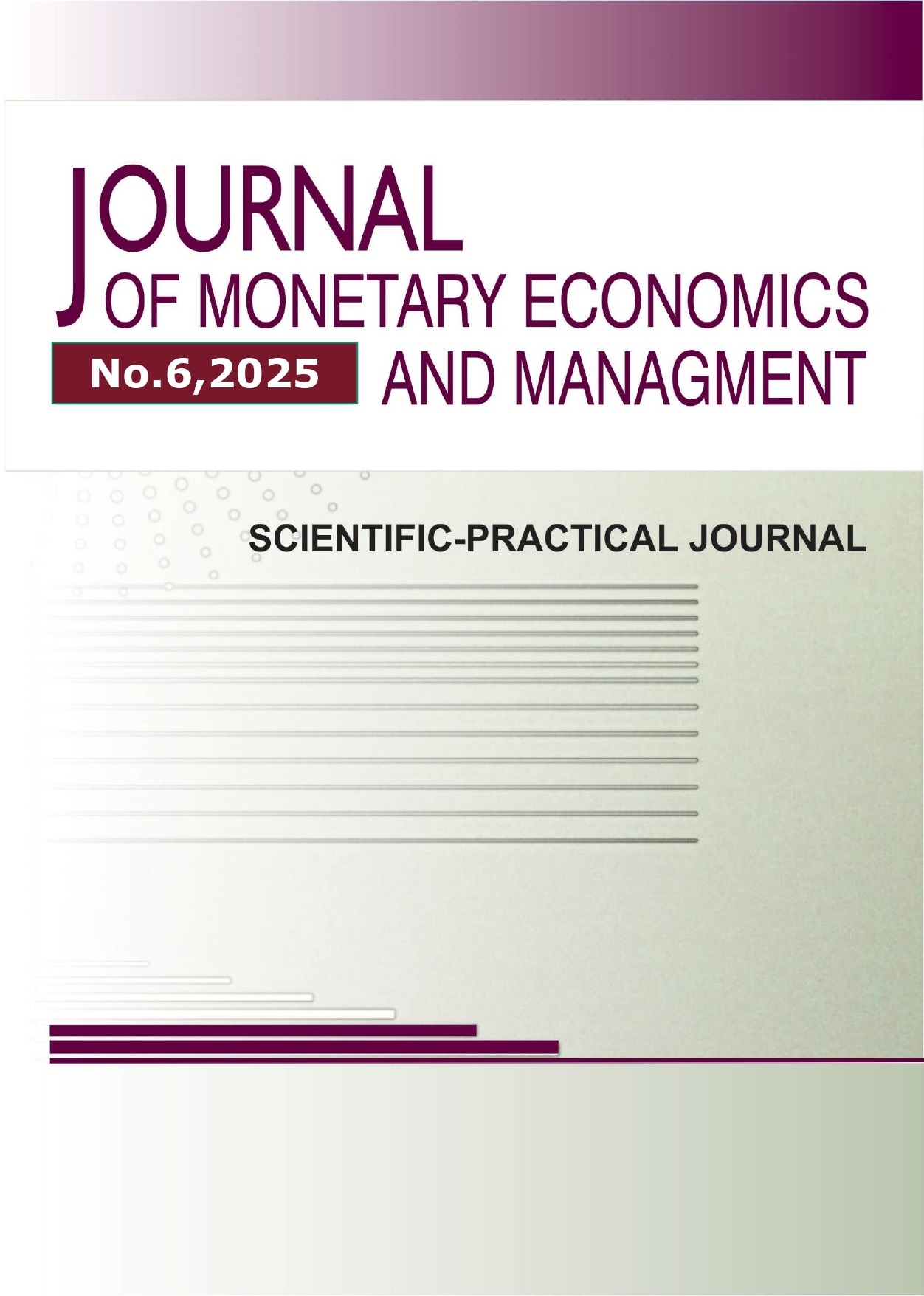Samara, Russian Federation
employee
UDC 334.78
Co–creation is the joint creation of value with the participation of stakeholders. Russian businesses need it to innovate, improve product quality, increase customer loyalty, reduce risks, strengthen their brand, and quickly adapt to changes in the business world. As part of the study, it is necessary to consider: - the essence of the concept of co-creation. What is co-creation and how it differs from traditional forms of cooperation, the basic principles of co-creation; - advantages of co-creation for Russian business: innovation and generation of new ideas, reduction of risks and costs, adaptation to rapidly changing market conditions; - examples of co-creation in Russian business, including the conclusion about the effectiveness of its application; - how to introduce co-creation into Russian business: creating a culture of openness and cooperation, using digital platforms and tools; - challenges and obstacles to the introduction of co-creation: cultural peculiarities of Russian business, lack of experience and knowledge; - prospects for the development of co-creation in Russia: the role of the state and educational institutions, the importance of co-creation for the innovative development of the country. The relevance of co-creation for Russian business is due to the need to introduce managerial innovations in a highly competitive and rapidly changing market. Co-creation allows you to better understand the needs of customers, improve the quality of products and services, reduce risks and strengthen the brand. Digital transformation and ecosystem development make co-creation a key factor in competitiveness and adaptation to change.In a rapidly changing world and technological progress, Russia needs innovations and new approaches in various fields, from business and science to culture and education. Co-creation, as a method of generating ideas and solving problems, is becoming more and more in demand.
economics, socio-economic reality, youth, behavior, economic behavior
1. Zaharov V.P. Tvorchestvo, sotvorchestvo i nepreryvnoe tvorchestvo // Vestnik Moskovskogo gosudarstvennogo oblastnogo universiteta. Seriya: Pedagogika. — 2019. — № 2. — S. 64-73. URL: https://cyberleninka.ru/article/n/tvorchestvo-sotvorchestvo-i-nepreryvnoe-tvorchestvo(data obrascheniya: 23.04.2025)
2. Ivanov I.I. Filosofskie osnovy pedagogiki sotvorchestva // Perspektivy razvitiya sovremennyh obschestvennyh nauk: sbornik nauchnyh trudov po itogam mezhdunarodnoy nauchno-prakticheskoy konferencii [Elektronnyy resurs]. URL: https://izron.ru/articles/perspektivy-razvitiya-sovremennykh-obshchestvennykh-nauk-sbornik-nauchnykh-trudov-po-itogam-mezhduna/sektsiya-26-sotsialnaya-filosofiya-spetsialnost-09-00-11/filosofskie-aspekty-pedagogiki-sotvorchestva-osnovy-sushchnost-perspektivy/(data obrascheniya: 23.04.2025).
3. Komarov C. Buduschee bankovskogo dela // FutureBanking [Elektronnyy resurs]. URL: https://futurebanking.ru/post/3313 (data obrascheniya: 23.04.2025).
4. Yandeks. Yandeks predstavil novye vozmozhnosti [Elektronnyy resurs] // Yandeks. 01.05.2024. URL: https://yandex.ru/company/news/01-05-06-2024(data obrascheniya: 23.04.2025).
5. Gudkova T. Korporativnaya kul'tura [Elektronnyy resurs] // URL: https://nccg.ru/assets/files/3.-t.gudkova-korporativnaya-kultura.pdf (data obrascheniya: 23.04.2025).









